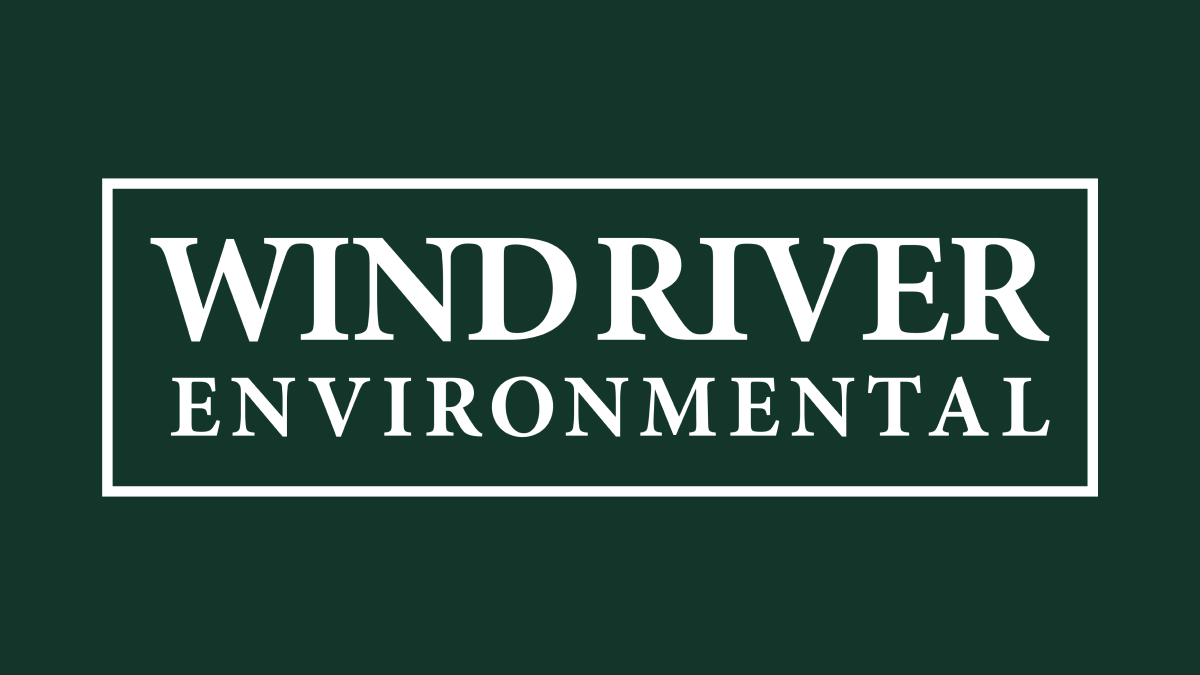FOG stands for fats, oils and grease. If you own a septic tank, it’s important to be aware of what items can introduce FOG into your septic tank and why you should avoid this if possible. Most FOG found in septic tanks originated from food. Too much of these substances can clog pipes, seep into groundwater and cause a whole lot of trouble for your plumbing and septic systems. Here’s a brief rundown on each and what to do to protect your septic system.
Fats
Fats generally refer to animal fats like lard, butter and bacon grease. Animal fats should never be poured down your drains. Once fats solidify, they can entirely clog pipes and filter components in your septic tank, as well as your plumbing. These clogs can lead to backups and blockages and a whole list of disastrous problems.
Oils
Oils refer to vegetable and cooking oils. Even though these don’t usually solidify as fats do, it is still a bad idea to dispose of them down your drains. Oils can build up over time, and since they don’t dissolve into water, they form a layer on top of a liquid that can lead to bacteria and odors.
Grease
Grease is an ambiguous term that basically refers to anything in oil form that can come off of food sources and go down the drain. It’s best to dispose of anything greasy in the garbage as opposed to the sink.
Surprising Foods that Contain FOG
Besides the obvious culprits, other foods like milk, yogurt, cheese and cream can become a source of FOG in your septic system.
For more information on FOG and how it can negatively affect your septic system, ask the experts at Wind River Environmental. Also, don’t forget to get on a regular pumping schedule.



